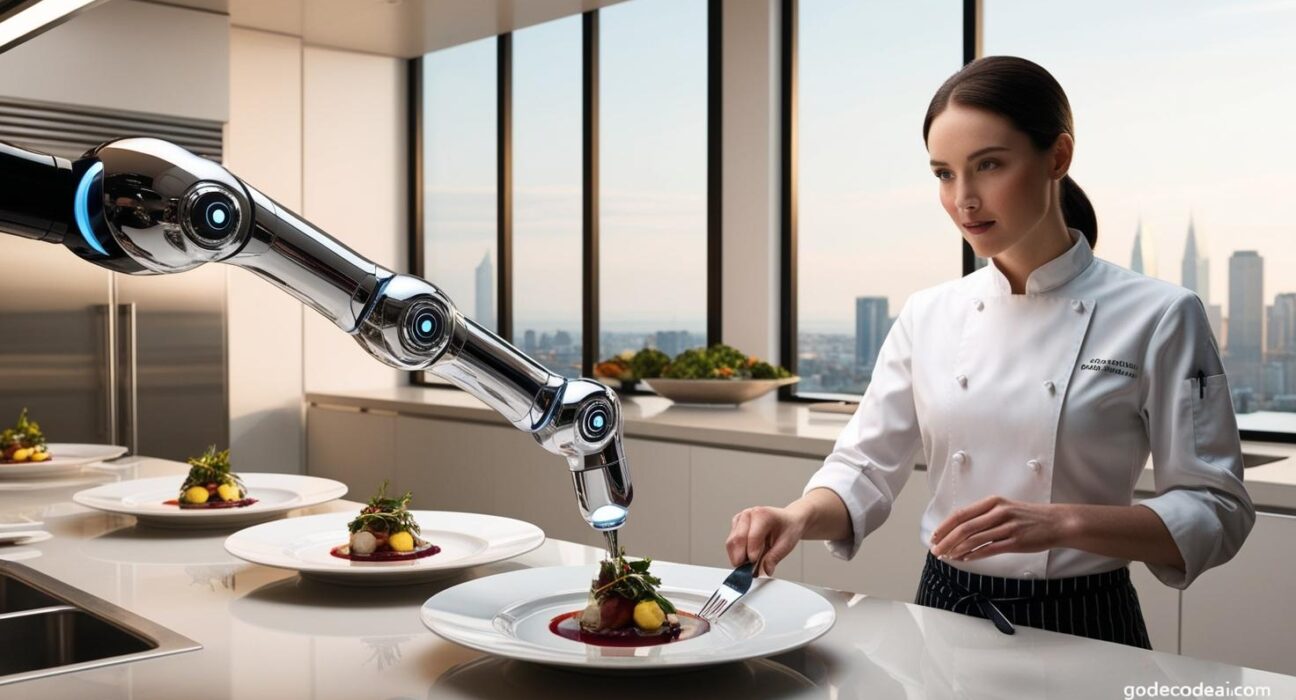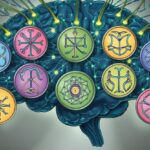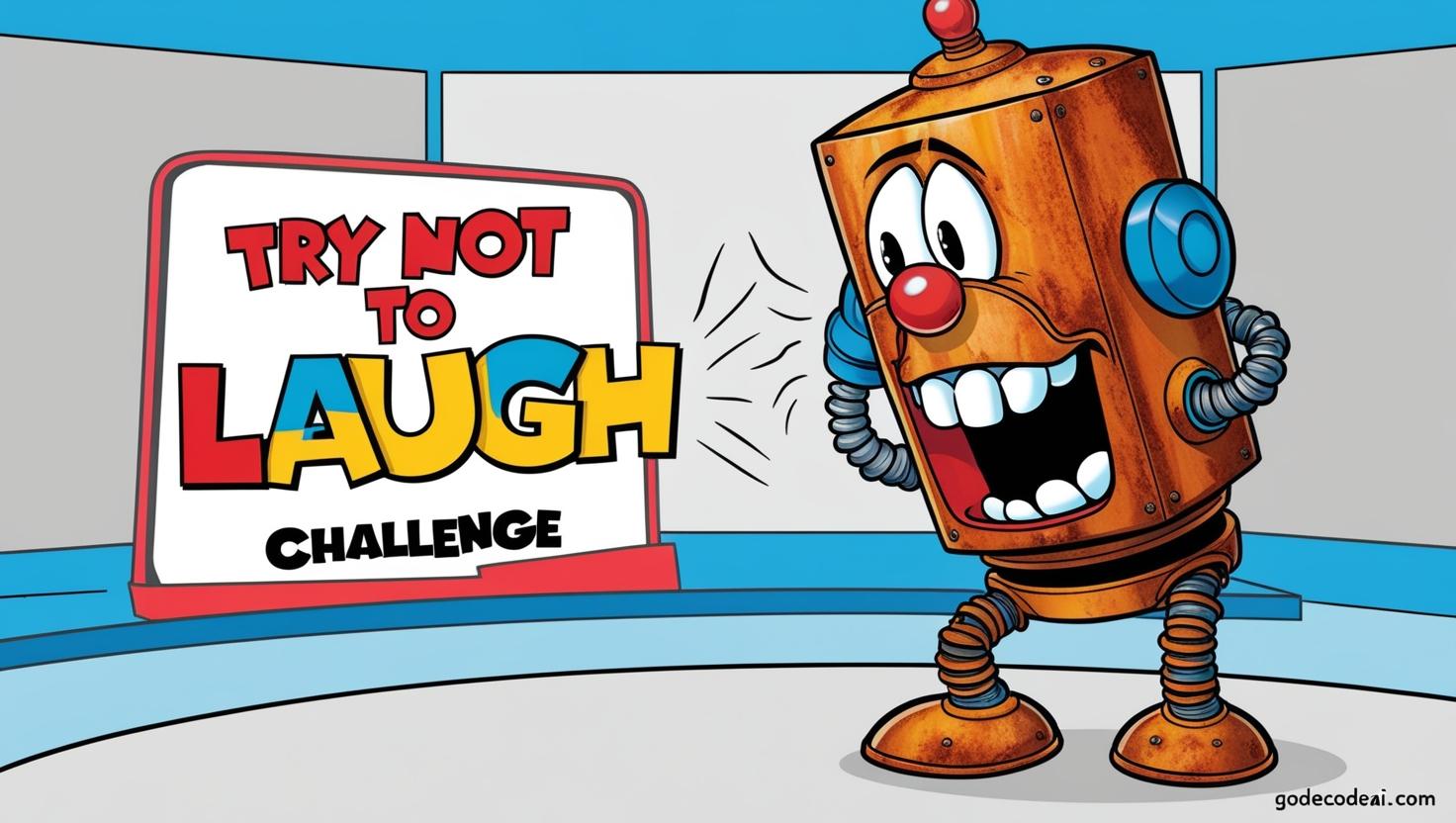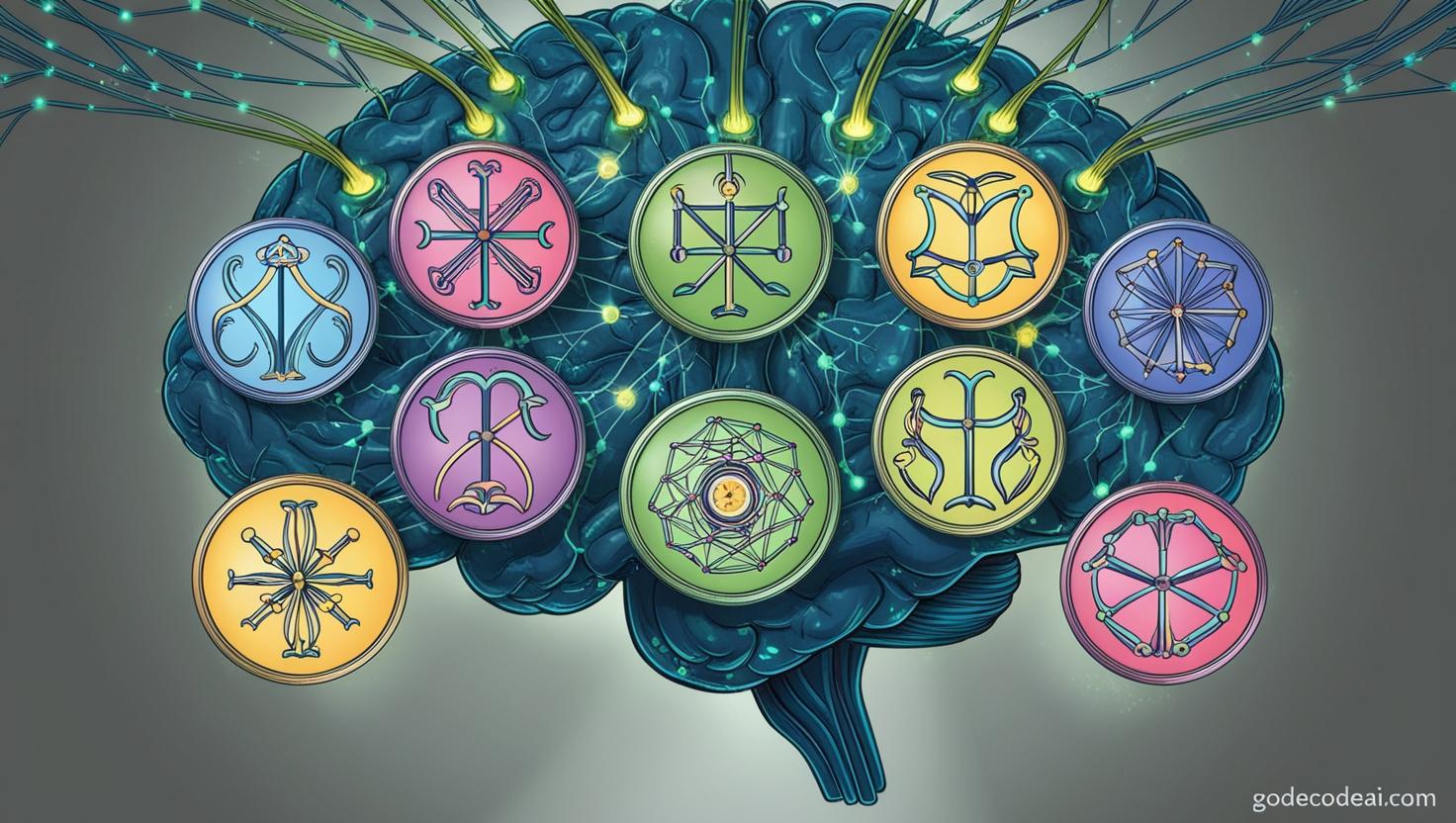A New Chef Has Entered the Kitchen
The aroma of seared steak. The perfect flip of a dosa. The delicate whisking of a soufflé. For centuries, cooking was pure human craft—equal parts intuition, flavor memory, and love.
But now? AI has stepped into the kitchen, and it’s not just tossing salad.
From robotic arms flipping burgers to AI models inventing recipes from scratch, the question isn’t “Can AI cook?”
It’s: Can it cook better than us?
Spoiler: The answer might surprise you.
2. AI in the Kitchen: What’s Already Cooking?
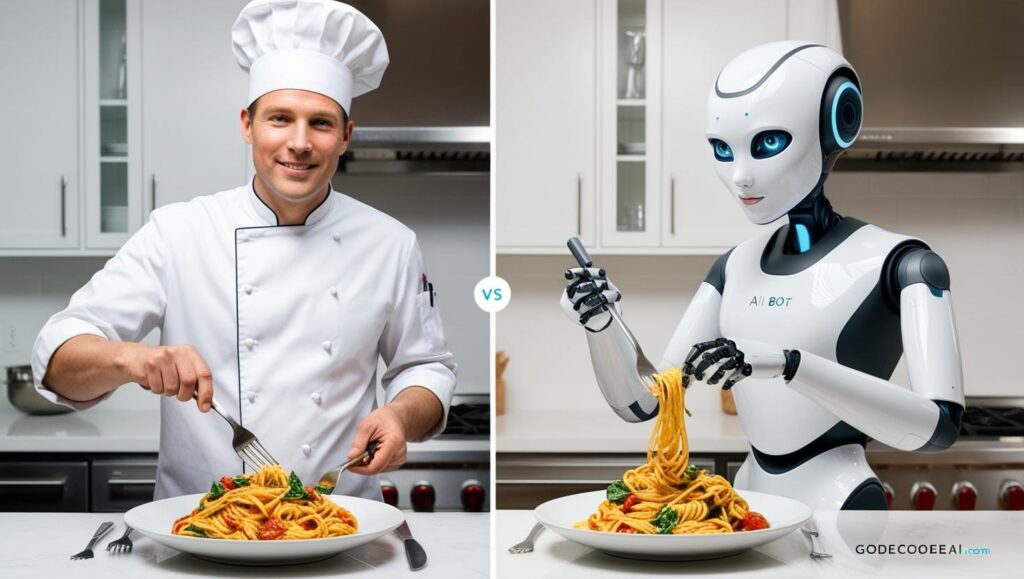
We’re not talking sci-fi anymore. The AI-powered kitchen is real—and it’s heating up.
Here’s what AI chefs are already doing:
🍳 Flippy by Miso Robotics: Flips 300+ burgers an hour and never complains about heat.
🍝 Chef Watson (IBM): Created wild, delicious recipes like “Belgian Bacon Pudding” by blending flavor science with global cuisines.
🍱 Sony’s AI Gastronomy Project: Generates recipes and plating ideas using taste maps and visual aesthetics.
🥘 Moley Robotics: Built a robotic kitchen that cooks full meals, cleans up, and follows chef-authored recipes to the dot.
These bots don’t just cook. They follow instructions, measure precisely, adapt to dietary preferences, and run on pure consistency.
3. The Recipe for Success: Why AI Chefs Might Outperform Humans
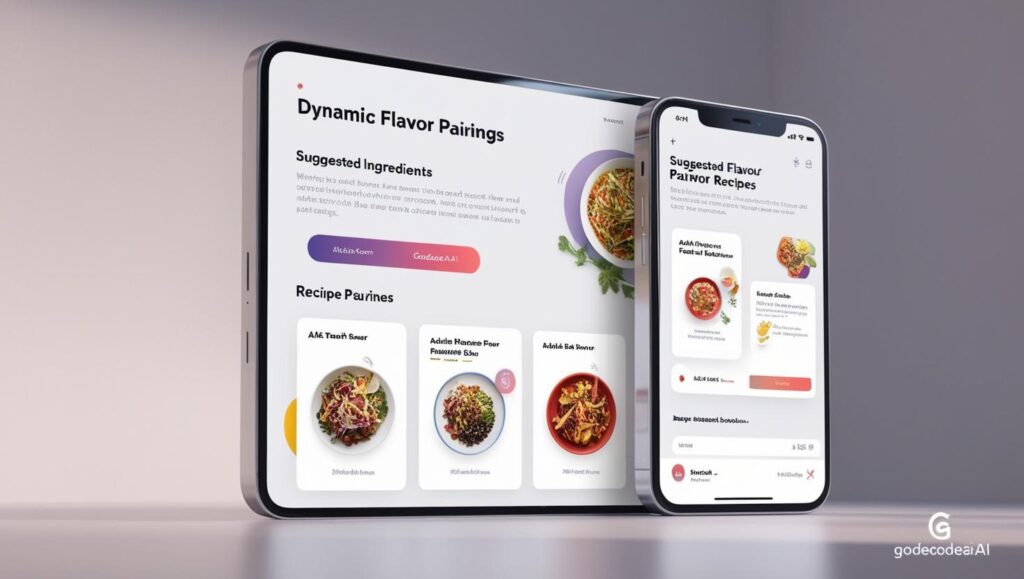
Let’s face it—some things AI chefs are naturally good at:
✅ Precision: No overcooking, no wrong measurements. Every dish is a perfect replication.
✅ Speed: AI-assisted kitchens can prep and plate faster than a brigade of human cooks.
✅ Data-Driven Flavor Pairing: AI doesn’t guess—it calculates. It uses chemical compounds and flavor databases to invent combinations humans would never think of.
✅ Allergy & Diet Adaptation: Vegan, keto, gluten-free? AI adapts menus instantly.
✅ No Ego, No Burnouts: No yelling in the kitchen. No drama. Just output.
4. But Wait—Can AI Taste?
This is the spicy part:
AI doesn’t have taste buds. Or a nose. Or childhood memories of grandma’s curry.
That’s a massive limitation.
👎 No Sensory Judgment: Texture, aroma, subtlety—AI can simulate but not feel.
👎 Zero Intuition: It can’t “just know” when to pull the cake from the oven 30 seconds early.
👎 No Cultural Depth: AI can remix recipes—but it can’t recreate the soul of a grandmother’s heirloom dish.
Cooking isn’t just math. It’s an emotional, sensory, and cultural expression.
5. Head-to-Head: AI Chef vs. Human Chef
| Skill | AI Chef | Human Chef |
|---|---|---|
| Precision | ✅ Flawless | ⚠️ Can vary |
| Creativity | ✅ Unique blends | ✅ Traditional & experimental |
| Speed | ✅ Lightning fast | ⚠️ Depends on task |
| Soul & Emotion | ❌ Absent | ✅ Deeply human |
| Consistency | ✅ Replicable | ⚠️ Mood-driven |
| Adaptability | ✅ Dietary constraints | ✅ Local flavors, intuition |
Bottom line: AI excels in process. Humans own the experience.
6. The Future: Human-AI Culinary Collabs
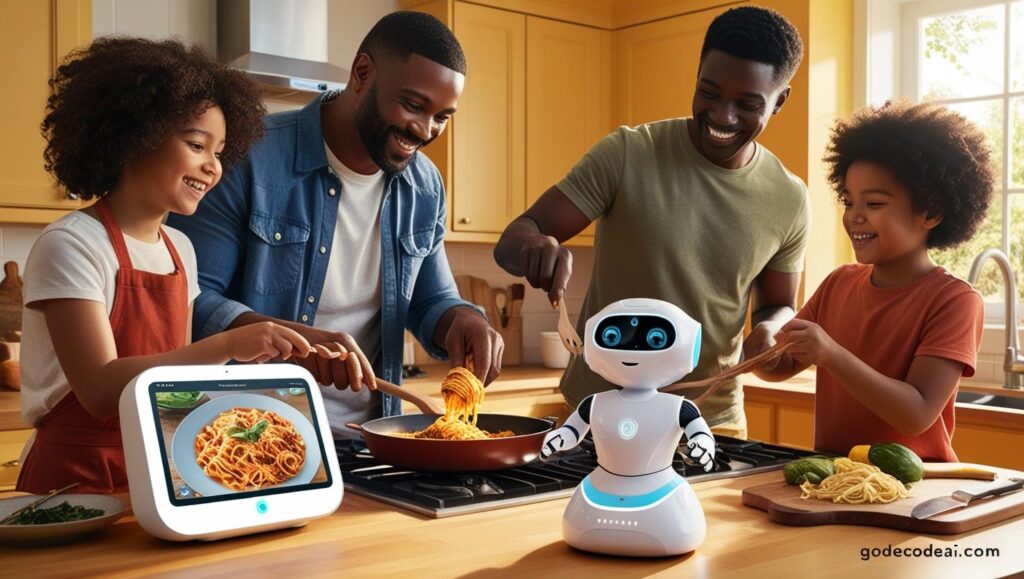
Instead of choosing sides, the real magic lies in collaboration.
👨🍳 A human chef + AI flavor engine = Michelin-level innovation.
AI becomes the sous-chef, suggesting pairings, optimizing workflows, and helping with diet-based personalization—while the human chef brings intuition, presentation, and storytelling.
Restaurants like Spyce and Creator already run robot kitchens with human oversight. Think of it as Iron Chef meets Iron Man.
7. FAQs
Q: Can AI invent new recipes?
Yes. AI like Chef Watson can generate entirely new dishes by analyzing thousands of ingredient pairings, cooking methods, and global cuisines.
Q: Can robots cook at home?
Robotic kitchens like Moley are designed for high-end homes. More affordable versions will likely hit mass market by 2030.
Q: Will AI chefs replace human chefs?
Not entirely. AI can handle repetitive and bulk tasks. But fine dining, cultural cuisine, and emotional storytelling still need human touch.
Q: Can AI adjust a recipe based on feedback?
Some systems are being trained to adapt based on user ratings, but they still lack sensory feedback like “too salty” or “undercooked.”
8. Final Bite: The Future of Food Is Tech-Infused, Not Tech-Replaced
AI won’t take away the soul of cooking—it’ll help preserve it.
Imagine a world where anyone can cook a perfect biryani with AI help, or where a robot handles 1000 school lunches while a chef focuses on feeding the homeless with flair.
It’s not AI versus chefs. It’s AI helping more humans become chefs.
The question isn’t whether AI can cook better.
It’s whether we’ll use it to feed the world better.



